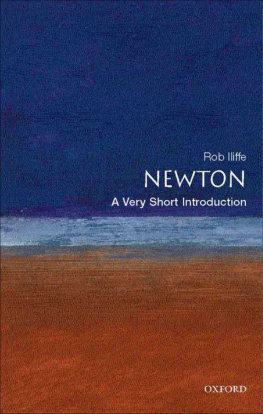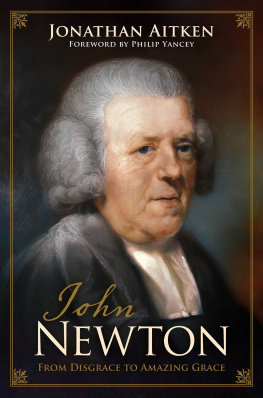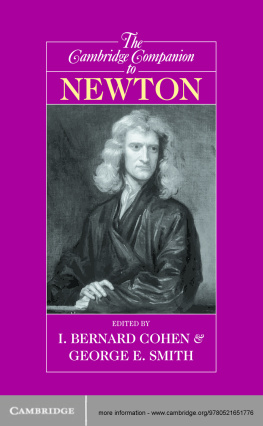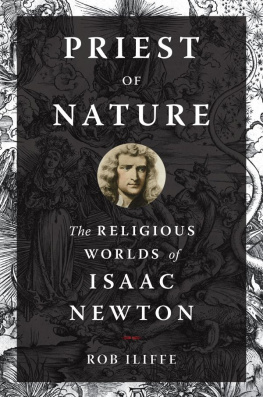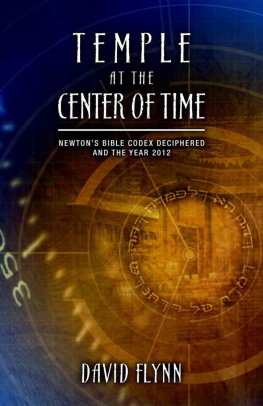Iliffe Rob - Newton: A Very Short Introduction
Here you can read online Iliffe Rob - Newton: A Very Short Introduction full text of the book (entire story) in english for free. Download pdf and epub, get meaning, cover and reviews about this ebook. City: New York, Oxford, year: 2007, publisher: Oxford University Press, genre: Non-fiction. Description of the work, (preface) as well as reviews are available. Best literature library LitArk.com created for fans of good reading and offers a wide selection of genres:
Romance novel
Science fiction
Adventure
Detective
Science
History
Home and family
Prose
Art
Politics
Computer
Non-fiction
Religion
Business
Children
Humor
Choose a favorite category and find really read worthwhile books. Enjoy immersion in the world of imagination, feel the emotions of the characters or learn something new for yourself, make an fascinating discovery.
- Book:Newton: A Very Short Introduction
- Author:
- Publisher:Oxford University Press
- Genre:
- Year:2007
- City:New York, Oxford
- Rating:3 / 5
- Favourites:Add to favourites
- Your mark:
Newton: A Very Short Introduction: summary, description and annotation
We offer to read an annotation, description, summary or preface (depends on what the author of the book "Newton: A Very Short Introduction" wrote himself). If you haven't found the necessary information about the book — write in the comments, we will try to find it.
This Very Short Introduction uses Newtons own unpublished writings to provide fascinating insight into the man who kept the Royal Society under his thumb, was Head of the Mint, and whose contributions to our understanding of the heavens and the earth are considered by many to be unparalleled.
The author begins with the legends surrounding Newton before next exploring the forces that shaped his life, introducing, along the way, many of the key thinkers and politicians of the time. Although Newtons science was largely revered (his reputation reached near-immortal status with the publication of the Principia), theologically, his beliefs were very controversial. He was a fanatical Protestant, and claimed that tribes like the Goths, Vandals, and Huns had tried to save the planet from
the corruption of the Catholics. He was also convinced that he was specially chosen by God to protect the original, pure form of Christianity, and viewed any criticisms directed at him as a form of persecution.
Resisting the urge to show how Newtons views on alchemy, mathematics, physics, and religion complemented one another, the author instead emphasises that these were the very different obsessions of an extremely complex man whose beliefs at the time dominated Englands political, religious, and intellectual landscape.
ABOUT THE SERIES: The Very Short Introductions series from Oxford University Press contains hundreds of titles in almost every subject area. These pocket-sized books are the perfect way to get ahead in a new subject quickly. Our expert authors combine facts, analysis, perspective, new ideas, and enthusiasm to make interesting and challenging topics highly readable.
**
Iliffe Rob: author's other books
Who wrote Newton: A Very Short Introduction? Find out the surname, the name of the author of the book and a list of all author's works by series.

